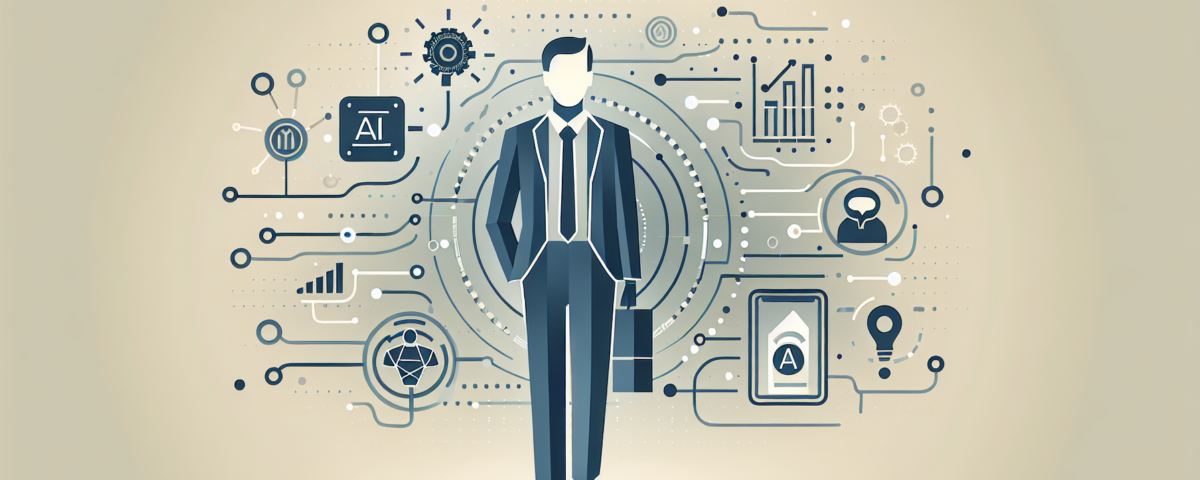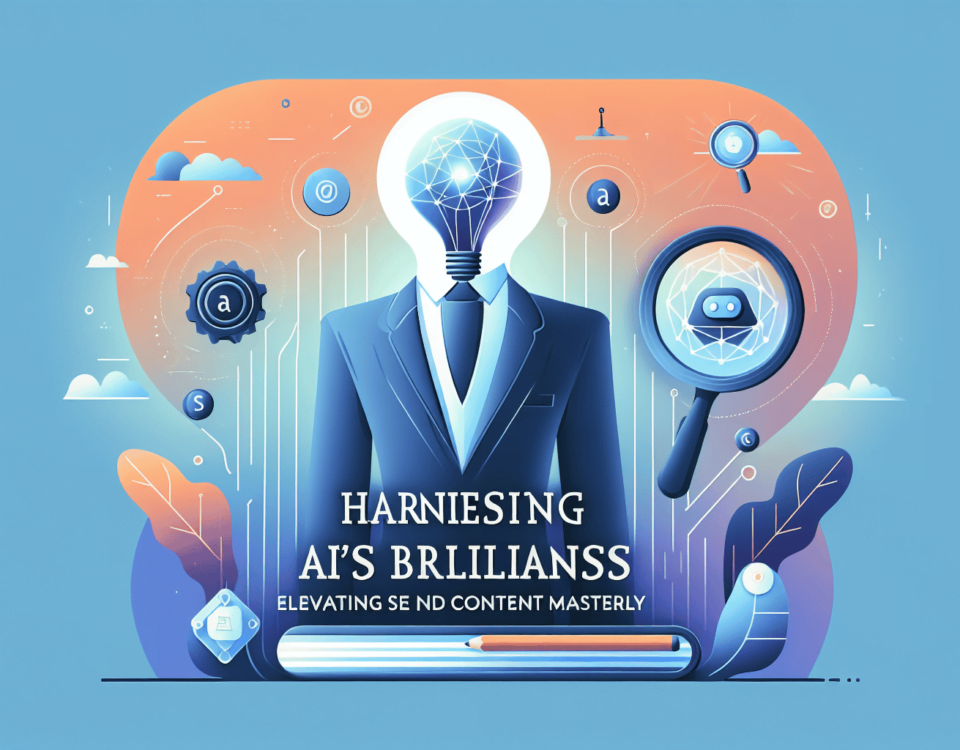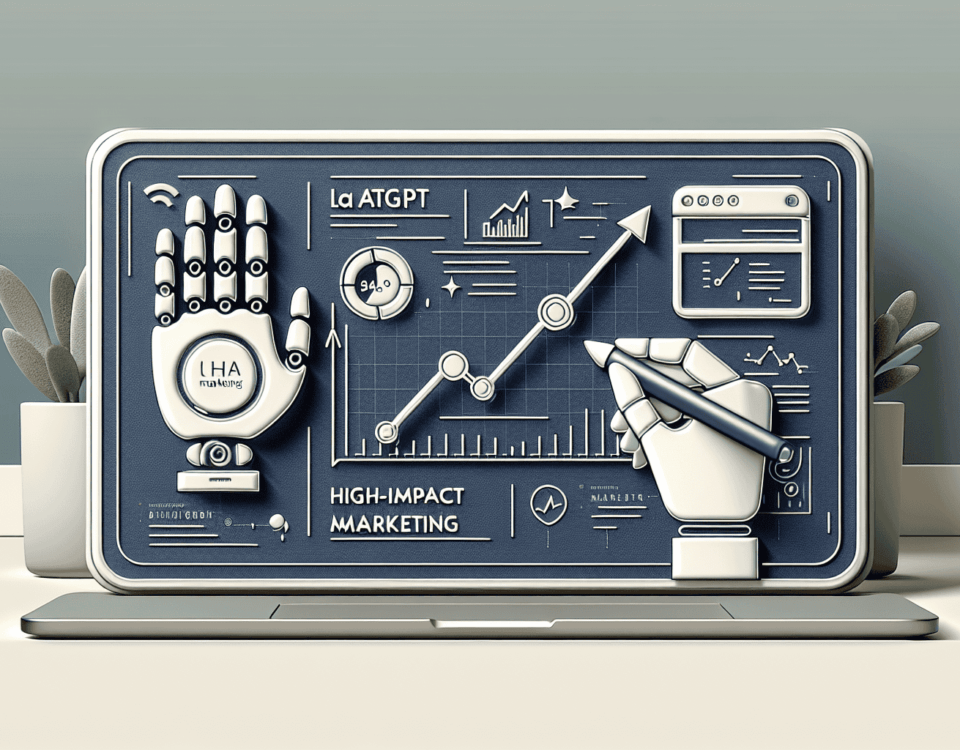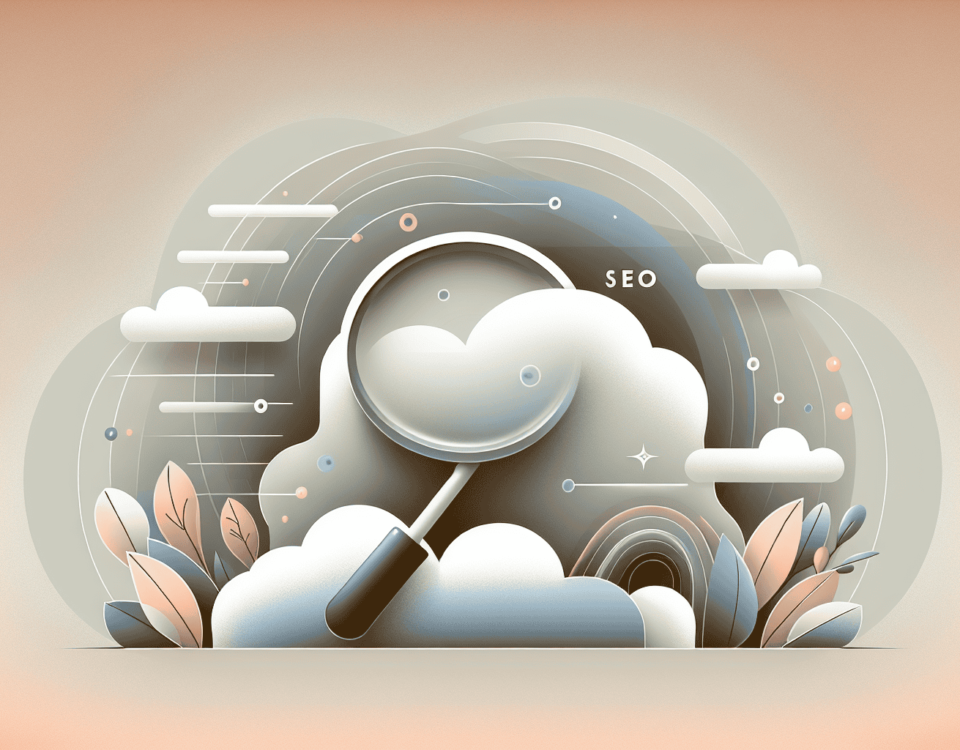The AI Advantage in Marketing
The incorporation of Artificial Intelligence in marketing has ushered in a renaissance of possibilities, allowing brands to navigate the once-turbulent waters of consumer data with newfound grace and precision. As marketing professionals have long since sought vehicles for optimizing their laborious tasks, AI has emerged not as a luxury, but as a necessity in the competitive arena of brand differentiation.
“AI does not replace human marketers; it frees them from the mundane to become architects of innovation.” — Marketing Maven
For instance, lead scoring and segmentation have traditionally been arduous tasks that, while critical, consumed an inordinate amount of time. Enter AI — algorithms now sift through data to identify prospective customers with stunning accuracy, leaving marketers to focus on crafting compelling narratives suited to the segmented audiences.
- Advanced machine learning models analyze consumer behaviors, automating targeted marketing strategies efficiently.
- AI-powered chatbots facilitate relentless customer service, ensuring no query goes unanswered, thus nurturing brand loyalty.
- Programmatic advertising platforms leverage AI to buy digital ad space, ensuring the best ROI through real-time bidding.
The AI revolution in marketing is not just changing workflows; it is redefining roles. Marketers are transitioning from operators of tools to strategic thinkers and storytellers. This metamorphosis underscores an unforeseen versatility in marketing professions, pivoting towards creativity and human insight as their primary contribution.
Ideation as the Core of Marketing Success
Ideation, the heart and soul of marketing, benefits immensely from the liberation AI provides. By offloading the mechanical aspects of marketing to intelligent systems, human marketers can dedicate their cerebral prowess to ideation. Ideas that kindle emotions, shape perceptions, and ultimately drive consumer behavior — these are the currency of modern marketing.
In an age where brand differentiation is paramount, the ability to originate, incubate, and proliferate novel ideas is the true barometer of success. AI amplifies this ideation process through data-driven insights that inspire, validate, or sometimes challenge creative thinking.
Utilizing Natural Language Processing, AI can now assist in content generation, churning out drafts at dizzying speeds. This development allows marketers to scale content production while reserving their cognitive resources for creative enhancements and strategic finessing. A symbiotic interaction takes place: AI produces the foundation, prompt by large sets of data, and humans imbue it with emotional intelligence and cultural resonance.
The Future of Marketing: Human-AI Collaboration
Looking ahead, the future of marketing is being co-authored by human ingenuity and artificial intelligence alike. The longstanding vision of personalized marketing is maturing into a tangible reality, courtesy of AI, which tailors communication to an individual consumer level that feels authentic and engaging.
The harmonization of these two forces is creating not just personalized, but predictive marketing. AI leverages past data to preemptively craft campaigns that align with upcoming trends, consumer sentiments, and even societal shifts. This anticipatory stance is paramount to staying relevant in a dynamic market.
“The AI-augmented marketer is not a distant concept but a present-day reality, working hand-in-hand with technology to predict, personalize, and perform.” — Tech Thought Leader
Human marketers now possess the tools to orchestrate campaigns that resonate across demographics, geographies, and psychographics like never before. AI does the heavy lifting of data-crunching and pattern identification, but it is the human marketer who discerns the sublime nuances in that information, translating it into strategic masterpieces.
Navigating AI Integration Challenges in Marketing
However, this enthusiastic embrace of AI is not without its hurdles. The integration of sophisticated AI systems into existing marketing frameworks raises questions of data privacy, algorithmic transparency, and an ethical use policy that respects consumer boundaries.
Critical challenges include the assimilation of AI without disrupting the workflow and ensuring that the AI systems are supplied with unbiased, complete, and accurate data sets to make ethical decisions. Training teams to interface smoothly with AI tools and cultivating a data-centric culture are strategic imperatives for organizations hoping to reap the full benefits of AI in marketing.
Moreover, brands must remain vigilant against over-automation, which can alienate customers who seek human connection. AI is not a panacea; it is a tool that should be wielded with careful consideration for its impact on consumer trust and brand integrity.
Balancing Automation with Human Touch in Marketing
As AI assumes a more central role in marketing endeavors, there is an increasing necessity to strike a balance between automation and the human touch that echoes through a brand’s story.
While AI offers unparalleled efficiency in managing data and automating processes, it has yet to replicate the instinctive empathy and relational nuances that constitute the essence of human communication. The most successful campaigns of the future will be those in which AI empowers humans to be more human — crafting messages that hit the heart of consumer emotion and foster enduring connections.
- AI performs the analytical brushstrokes, while humans complete the masterpiece with creative vision.
- Technology sounds the bell for opportunities, and human intuition composes the melody to reach the audience’s core.
- Learning from AI recommendations, marketers pen the narratives that resonate with audiences on a profound level.
Thus, the new marketing paradigm is not one of human displacement, but of human enhancement. AI is a powerful collaborator in the dance of marketing, where the goal is not simply to sell, but to connect and enrich the consumer journey. The art of marketing remains inherently human, with AI serving as a catalyst for greater creativity, sharper insight, and more meaningful engagements.




